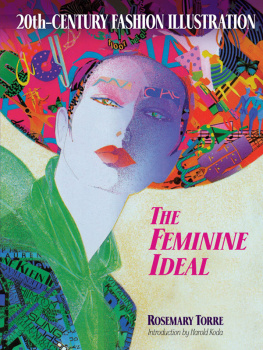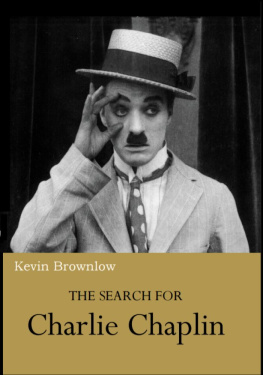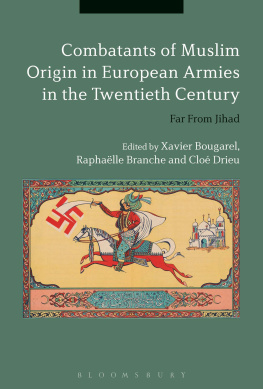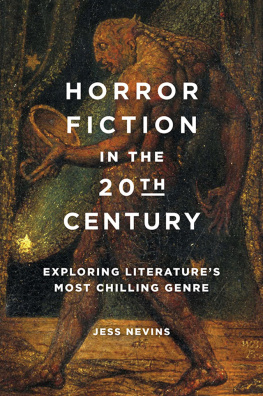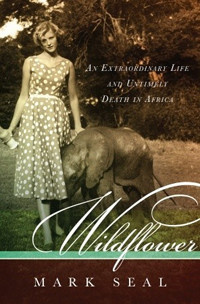Africa in the
20th Century
Alan Brownlow
Austin Macauley Publishers
29-10-2021
Africa in the 20th Century
About the Author
2020: given the rapidity of change over the past 25 years, it feels as if we are living in a different world. An unforgivable exception is the racism still witnessed in America. The author lived through the Second World War, which created discipline throughout the nation. He was born into a loving family, and his elder sister remained close due to their shared experiences during 1939/45. He left school at eighteen and undertook his National Service. This proved a worthwhile challenge and, together with a commission, opened the way for an interview with The United Africa Company, very important within Unilever. He was 25 years resident in Africa, where he had a fulfilling career due to the support of the indigenous people. Could a young person find a similar challenge today?
Dedication
To Daphne
The strength throughout my life
Copyright Information
Alan Brownlow 2021
The right of Alan Brownlow to be identified as author of this work has been asserted by the author in accordance with section 77 and 78 of the Copyright, Designs and Patents Act 1988.
All rights reserved. No part of this publication may be reproduced, stored in a retrieval system, or transmitted in any form or by any means, electronic, mechanical, photocopying, recording, or otherwise, without the prior permission of the publishers.
Any person who commits any unauthorised act in relation to this publication may be liable to criminal prosecution and civil claims for damages.
All of the events in this memoir are true to the best of authors memory. The views expressed in this memoir are solely those of the author.
The author offers his apologies for the poor quality photographs, but they were taken using a 60-year-old camera and felt that they bring some authenticity to the story and era of Africa in the 20th Century.
A CIP catalogue record for this title is available from the British Library.
ISBN 9781398430525 (Paperback)
ISBN 9781398430532 (ePub e-book)
www.austinmacauley.com
First Published 2021
Austin Macauley Publishers Ltd
1 Canada Square
Canary Wharf
London
E14 5AA
Foreword
This story is about my life in West and East Africa.
The year is now 2020 and changes have been so rapid over the past twenty-five years that one feels you are living in a completely different world. An unforgivable exception to this is racism as demonstrated by the events in America.
I lived through the Second World War, which gave you a sense of discipline. I was in a loving family with an elder sister who remained close probably due to the experience we shared during the 1939/45 hostilities. Leaving school at eighteen, I commenced my two years of national service, gaining a commission, and witnessed a number of my colleagues returning from Korea with life-changing injuries. It was during this period I was interviewed by The United Africa Company, at that time the largest company within Unilever. I left with the message: if you are still interested in a career in Africa, contact us when you have completed your national service. In September 1952 I joined UAC, at that time the largest company within Unilever. I spent six months in the London office working in various departments. After the March 1953 induction course, the eighteen attending would be posted to countries in Africa. Enquiring why it was The Gambia in my case, I was told it would give me the broadest experience of the company in the shortest time. This was probably correct and I arrived in The Gambia in April 1953. It should be remembered that although the Gold Coast was shortly to become an independent Ghana, all the other British territories were still part of the Empire.
I want to explain how I experienced Africa and how it reacted to my presence. I was fully conscious of what all European countries had gained from their empires, and this obviously changed over a number of centuries.
This story is an attempt to explain how Daphne, my wife, and I experienced extremely interesting, happy, and rewarding lives whilst being resident in Africa for twenty-five years. This was followed by ten years of frequent visits to assist those I had previously worked with.
I hope this manuscript will demonstrate that whatever I might have been able to contribute was only achieved through the support and in many cases dedication of African people.
I find it difficult to think that any young person could find a similar challenge today.
I refer in particular to those remote locations stationed many miles up the Gambia River. Every aspect of life depended upon your own decisions but on many occasions, you sought advice from the African staff. No telegraphic communication and certainly no internet.
Chapter 1 The Gambia
I travelled from Heathrow airport, at that time consisting of huts with luggage weighed on an old platform scale. The BOAC aircraft was an Argonaut flying to Madrid, then Dakar, where one spent the night in a small room, rather like a cell. The next morning a short flight to The Gambia was accompanied by a small number of passengers.
The Gambia is the smallest country in Africa, thirteen degrees north of the equator. The river some 350 miles flows directly east from the Atlantic with narrow areas of land on either side. During the period October to March, it enjoys a very pleasant climate. This has sustained the economy in recent years as it has built a successful tourist industry. Shortly after acquiring this territory, Britain abolished the slave trade in 1807. Independence came in 1965.
Arriving at Yundum airport, a small old building with the runway consisting of metal mesh used during the second world war. I was greeted by smiling faces. First the customs officers and then the UAC driver who took me into Bathurst now Banjul, where I met the General Manager Tom Mallinson. A short and very pleasant man nearing the end of his career. As Chairman of UAC, he was a member of the Legislative Council headed by the then Governor Sir Percy Wyn-Harris. Sir Percy was a member of the team to reach the highest point on mount Everest, prior to Sir Edmond Hillary.
A condition of service was that you were provided with furnished accommodation. You can imagine as the most junior member of staff, this was basic. I was met by a lady who together with her husband Bill Shepherd became very close friends. Meg was responsible for seeing housing was up to the required standard and settled me into my small flat. Meg also found me a reliable cook/steward and I was ready to spend my first night under a mosquito net.
I think sixteen expatriates were working for UAC, and in most cases, we established lifelong friendships. Sharing the same staircase to our units of accommodation were Murial and David Niven. Again two close friends and I suspect they probably gave me a meal that first night.
UAC in those early days would have been seen as a trading company, selling all forms of imported merchandise with a particular emphasis on textiles. It also had traditionally bought and exported produce, but with the advent of government marketing boards, this was no longer a major activity. However, in the Gambia, UAC had a special role in respect of the groundnut crop and it would not be an exaggeration to say the company was held in high esteem for the contribution it made to all sections of the community.




